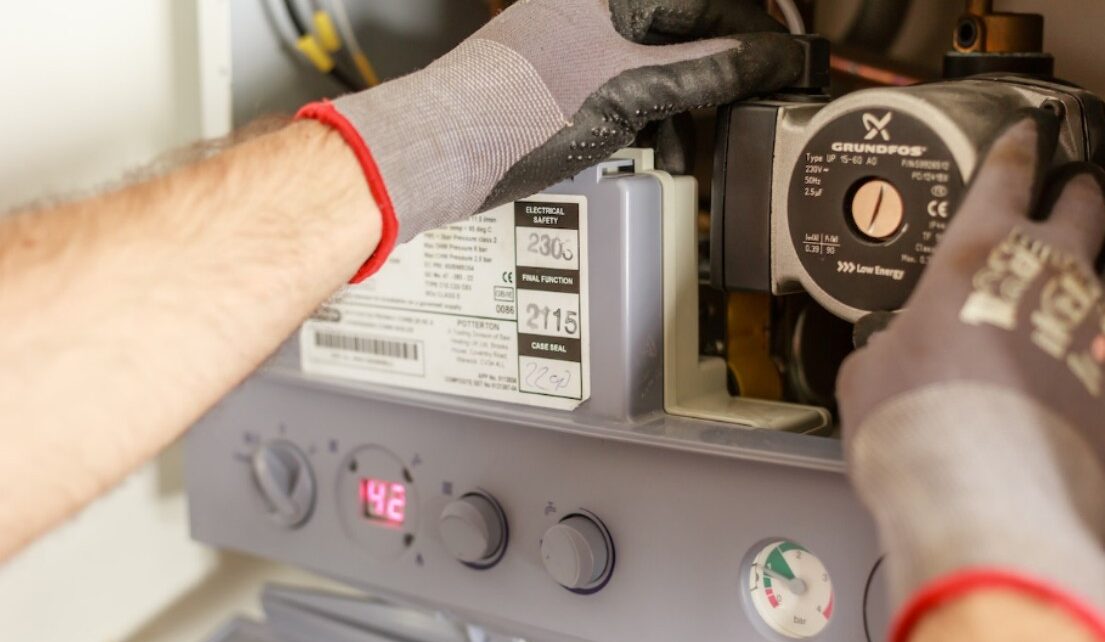Your hot water cylinder is a silent hero of your commercial property, often overlooked until cold showers or a catastrophic leak occurs. Hot water is not just a comfort it’s essential for daily life and hygiene. With proper care, these vital cylinders can last for years, providing both comfort and cost-efficiency. This blog post unveils seven little-known tips that can enhance the longevity of your hot water cylinder repair, maximize its performance, and even save you some hard-earned pounds in the process.
Understanding the Significance of Hot Water Cylinder Maintenance
Before we jump into the tips, it’s crucial to understand why maintaining your hot water cylinder is more than just a ‘nice to have.’ By regularly tending to this unsung appliance, you can avoid costly repairs, extend its operating life, and ensure the energy it uses is put to efficient use. Ignoring maintenance contributes to problems ranging from mineral buildup (especially in hard water areas) to overheating that loosens electrical connections, each a potential headache for your commercial property and wallet.
The Common Culprits of Hot Water Cylinder Failures
Before you can extend the life of your hot water cylinder, it’s essential to recognize what might cut it short. The usual suspects include:
- Pressure Overload – Water heated beyond capacity can lead to an over-expansion of the cylinder. This, combined with high-pressure spikes, can strain its structure and integrity.
- Sediment Buildup – The natural minerals found in water can form sediment at the bottom of the tank, insulating the water from the heat source and reducing efficiency.
- Corrosion – Over time, metal components inside the tank can rust, leading to leaks and a decrease in water quality.
- Overuse/Abuse – Overusing or misusing your hot water system can lead to premature wear and tear, shortening the system’s lifespan.
Recognizing these issues early can save you a bundle in repairs and replacements down the line.
Tips to Hot Water Cylinder Health and Longevity
1. Regularly Check for Leaks and Rust
One of the most straightforward preventive maintenance tasks of commercial plumbing is to periodically inspect your hot water cylinder for any signs of leaks or rust. Start by giving the exterior of the tank a visual once-over, paying close attention to seams and connections. For rust, check for discoloration or flaking of the tank surface. Even small leaks or traces of rust could indicate a deeper problem, calling for professional attention.
2. Monitor Water Pressure and Temperature
The ideal water pressure for most systems is between 1 and 1.5 bar. You can check this using a simple pressure gauge. If it’s consistently higher, this could be a sign that the cylinder or its components are working under too much strain. Likewise, regularly check the temperature, ensuring it’s set within the recommended range for domestic use. Overheating can accelerate wear and tear, so keep settings in check to avoid these issues.
3. Schedule Professional Inspections and Maintenance
Just like you’d see your doctor for an annual checkup, your hot water cylinder should receive routine inspections from a qualified heating engineer. This should include a detailed look at the pressure relief valve, electrical or gas connections, elements or burners, and the overall integrity of the system. A bi-annual inspection is a good rule of thumb to catch potential problems early and keep everything running smoothly.
4. Consider Installing a Water Softener
If you live in an area with hard water, a water softener can be a game-changer for the longevity of these cylinders. Hard water is high in mineral content (like calcium and magnesium) and can lead to limescale buildup, which insulates the water from the heat source and inevitably decreases energy efficiency. A water softener system can help prevent this, potentially doubling the life of your water heater in the process.
5. Utilize an Insulation Blanket for Heat Retention
Insulating your hot water cylinder can significantly reduce heat loss, keeping your water warmer for longer and allowing the system to run more efficiently. An insulation blanket is a simple, cost-effective solution that can be a DIY installation. It’s best to choose an insulation blanket specifically designed for cylinders and to follow the manufacturer’s guidelines for installation to ensure safety and effectiveness.
6. Be Mindful of What Goes Down the Drain
What goes down your drain can directly impact the health of your hot water system. More often than not, we overlook the cumulative effect of everyday household waste like hair, food particles, and grease. Utilize drain filters and be vigilant about cleaning these regularly. Also, avoid flushing any non-flushable items, as they could cause blockages and increase pressure on your system.
7. Turn Down the Temperature to Prolong Life and Save Energy
Most hot water cylinders are set between 60 and 65 degrees Celsius as a factory default, but for many households, this is warmer than necessary. Dialling the temperature back to a comfortable 50 degrees Celsius not only saves on energy costs but also reduces the wear and tear on the system, potentially extending its life by reducing the frequency of high-temperature cycling.
Hot Water Cylinder Longevity: A Sum of the Parts
Each of these tips is a small piece in the puzzle of hot water cylinder repairs, and when applied together, they can significantly enhance your cylinder’s performance and lifespan. It’s not magic; it’s just diligence and attention to an appliance that works round-the-clock for your comfort.
There’s an old saying that a stitch in time saves nine. It’s particularly apt for your hot water cylinder. Regular maintenance of commercial plumbing even if it’s just small adjustments and checks — can often prevent that ‘nine’ from turning into a whole new cylinder when things go awry.
Remember, the longer you can keep your hot water cylinder running smoothly, the greater the savings you’ll enjoy, both in terms of energy expenses and avoiding the cost of early replacements. And of course, there’s the peace of mind that comes with knowing that hot showers are just a twist of the tap away.





